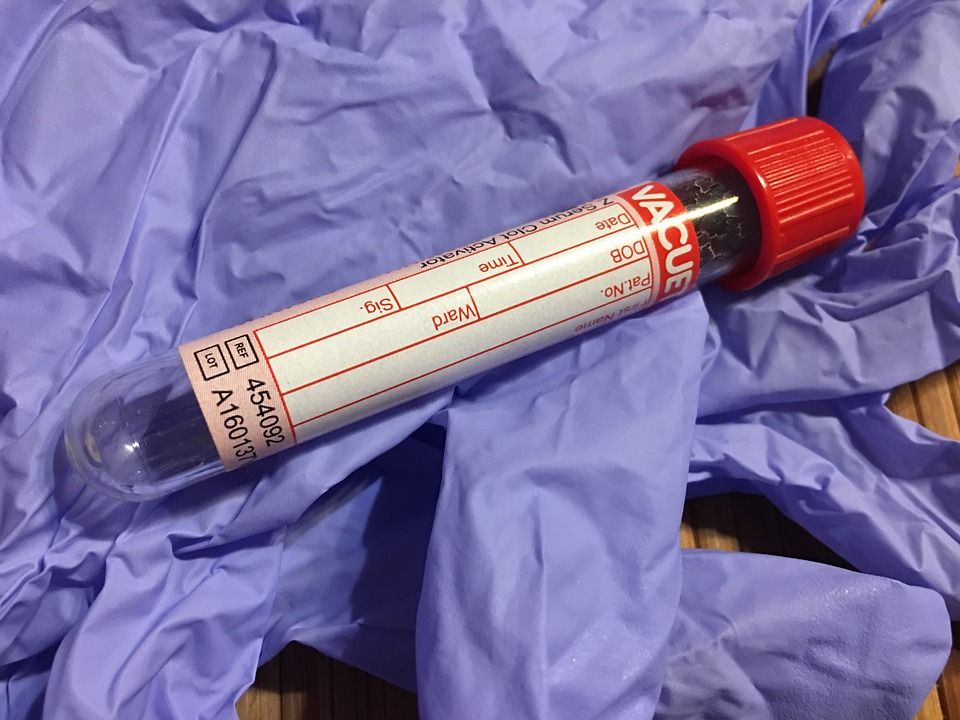A Danish researcher is part of an international research team behind a new genetic test that aims to uncover cancer patients before they begin to see symptoms.
The new method, which involves genome sequencing, means that a simple blood test consisting of just 10mm of blood can reveal signs of cancer mutations.
“I hope the method will be able to be used for screenings before the cancer spreads and leads to symptoms,” Claus Lindbjerg Andersen, a professor of molecular biology at Aarhus University Hospital and one of the researchers on the team, told Videnskab.dk
“The blood test will be able to supplement or replace existing cancer screenings, such as faeces-testing in connection with bowel cancer, which some patients find uncomfortable and difficult, and thus avoid taking part in. I think we can get more people to take blood tests, because it’s easier.”
READ MORE: Danish researchers on verge of cancer treatment breakthrough
Still work to do
Using the blood test, researchers search for 58 genomes that code for mutated DNA and cancer, and the method is so good that there is close to no false positive results – although there are still a number of cancer types it doesn’t uncover.
The new method, recently published in the scientific journal Science Translational Medicine, is already on the way onto the US market as a partner is looking to begin selling it soon.
Andersen, however, believes that it’s too soon for Danes to purchase the test privately as Denmark already has a series of screening programs aimed at locating early stages of cancer.
“Despite our initial results looking promising, the test hasn’t been through a comparison sequence with the screening methods we already implement in the Danish health system today – such as mammography for breast cancer and faeces-testing for bowel cancer,” said Andersen.
He expects that the new method could be put to use within the next five years.















